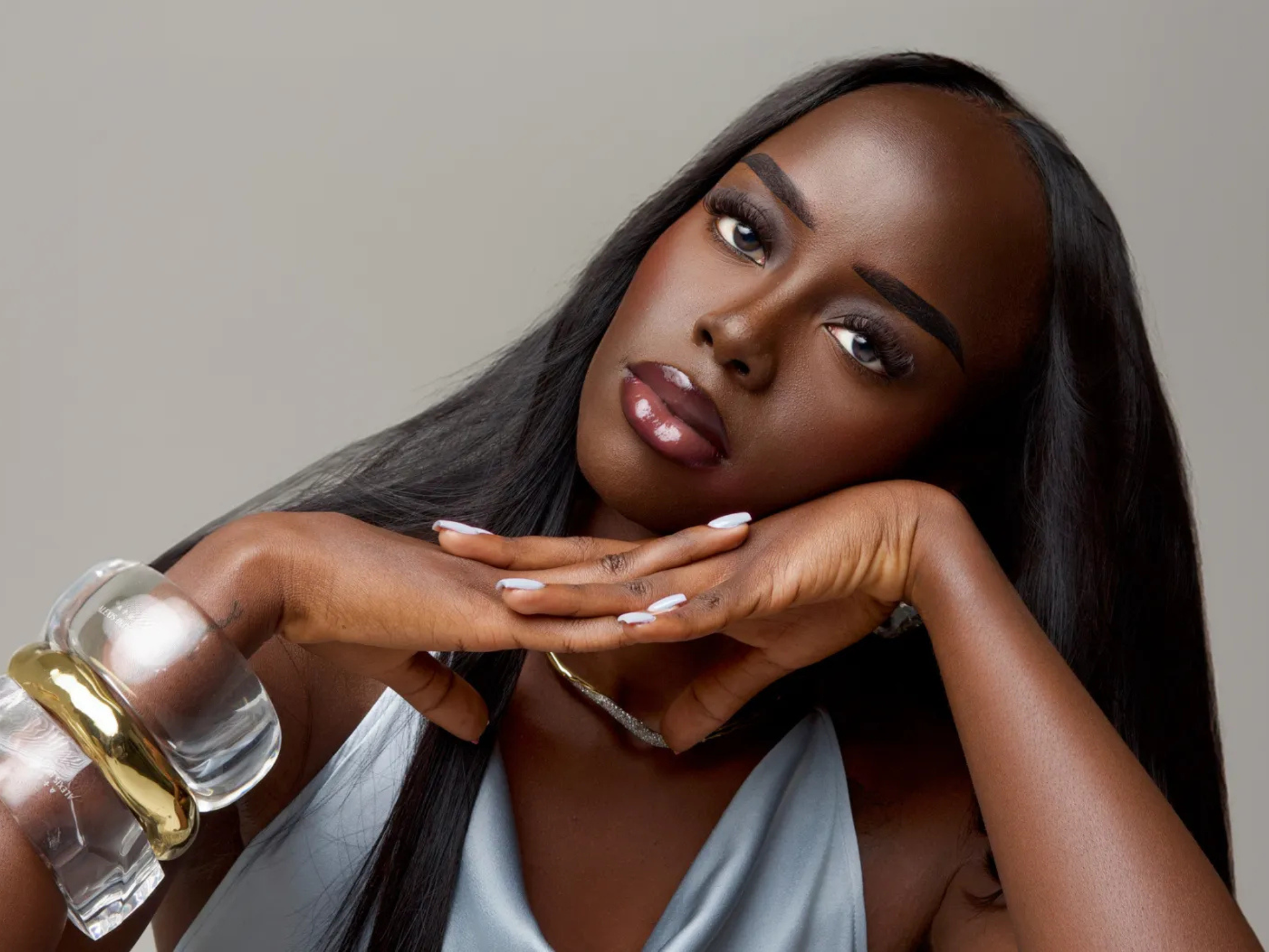Colorism in Beauty Brands: Shock Factor Marketing & Tokenism
Unsplash/Jessica Felicio
Colorism in the beauty industry has been a long-standing issue, but social media influencers have recently brought more attention to it, often holding brands accountable and pushing for more inclusivity. Their influence has led to some positive changes, such as expanded shade ranges and better representation in marketing. However, are these accommodations genuine steps toward inclusivity, or just performative responses to public pressure?
During the colonial era, European colonizers established racial hierarchies where lighter-skinned individuals were given preferential treatment over darker-skinned people. This became ingrained in society as the concept of "color stratification." Under white supremacy, darker skin was historically viewed as less desirable, and lighter skin was associated with beauty, power, and privilege. Historically, lighter-skinned individuals were often granted higher social and economic status, creating a deep-rooted belief that light skin is tied to wealth, education, and privilege. People with lighter skin may be perceived as more "marketable" in certain industries, especially in fashion, entertainment, and beauty. This perception influences hiring practices and opportunities, further entrenching colorism.
Colorism has unfortunately trickled down into many areas of society, and one of the most prominent examples is in the beauty industry. Usually, many beauty brands have neglected to create diverse shade ranges for makeup, with many foundations and powders catering predominantly to lighter skin tones. This left people with darker skin feeling overlooked by the industry. Golloria, a well-known beauty content creator, has made waves on TikTok by holding beauty brands accountable for their lack of inclusive shade ranges. Through her viral posts, she's called out major beauty companies for not offering products that cater to all skin tones, particularly darker skin tones. Her videos typically highlight the frustrations of consumers who feel neglected by the industry.
Golloria would even point out how these brands will advertise their products being darker shade friendly with campaigns and photographs featuring dark skin models, however after testing the product herself Golloria realized the marketing was misleading and the product in fact wasn’t for darker skin tones. She uses her platform to educate her followers about the importance of diversity in beauty products, urging brands to do better and meet the needs of their entire customer base. In a time when beauty standards are shifting towards more inclusivity, Golloria's efforts have sparked much-needed conversations around representation and fairness in the beauty world. By going viral, she has created a ripple effect, encouraging other creators and consumers to speak out as well. This type of advocacy, particularly on a platform like TikTok, is putting pressure on brands to reflect the diversity of their audiences. The industry is now forced to deal with this issue head on. Brands can either adapt to the demands for inclusivity or risk losing their consumer base. Golloria’s activism has helped accelerate this shift.
We should continue to make our voices as loud as possible with these beauty brands to be sure as consumer products are all inclusive to everyone. The collective push for more inclusive product lines, whether that’s makeup shades, skincare options, or representation in advertising—is vital. As consumers, we have the power to demand that brands not only expand their shade ranges but also improve their marketing, making sure all skin tones are represented accurately and fairly. Supporting creators like Golloria who are actively calling out these brands is essential, as it keeps the momentum going. As more voices join the conversation, it will be harder for these companies to ignore the demand for inclusivity. Our voices, when amplified, can make real and lasting changes in the beauty industry. It’s about continuing to hold these brands accountable and ensuring that beauty is truly for everyone.


